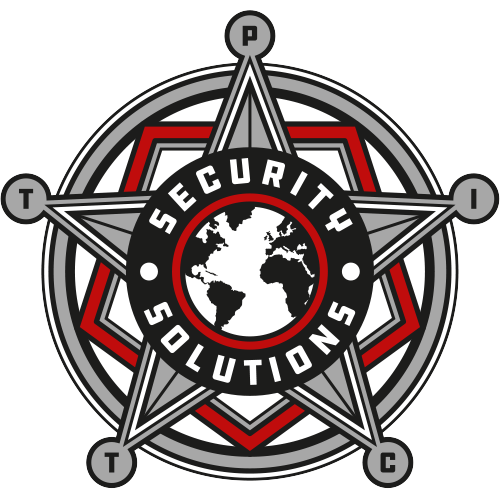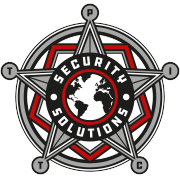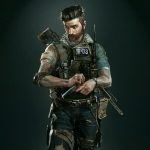Are Veterans the better Bodyguards?
re Veterans or Soldiers the better Bodyguards? This question has bothered me for a long time. I keep hearing both sides of this discussion. Both camps, divided as they are, are right. IT DEPENDS, has to be the right answer here... let's take a closer look by comparing two customers and their needs.
Customer A: Multinational cooperation with headquarters in Germany, C-level is multinational, production sites in 3rd world countries, armaments affinity.
Client B: Ultra High Networth Family, fourth generation family driven business, investor in everything at a multinational level, whole family in the spotlight and in the media.
- Which requirements does customer A and customer B have?
- What security qualifications are required?
- Which hard skills and which soft skills are suitable for the protection specialists?
The executive board of customer A decides on personal protection from within its own ranks, it appoints employees from corporate security who accompany all C-levels on their business trips. These employees are neither equipped and geared to 3rd world trips nor do they have experience in high-risk environments.
The head of the family of customer B opts for the best veterans with several deployments and many years of service in high risk areas as new personal protection for himself and his family.
What happened? After a while, both customers are unhappy, inadequately protected and less productive as a result.
Customer A took the “cheap” route. The executive board only looked at costs, but not at risks. Employees out of the own ranks make absolute sense, but specialists should be consulted for deployments in high-risk areas. Veterans who will follow orders, are familiar with such situations, can give a better assessment of the situation, remain calm at all times and, last but not least, can “bang in” when it is necessary. Experienced veterans with the appropriate qualifications should ALWAYS be used on assignments such as these.
Customer B has hired the best ex-soldiers, but forgot that these "specialists" are probably not used to being in the spotlight, not used to being descreet at public events, have no experience in the UHNF environment, probably stand out immediately with their physique and language and used only to move safely with a large team of specialists in the background (INTEL, COMMAND CENTER, BACK UP and EVAC TEAMS).
Summary:
Customer A should hire the appropriate additional qualifications and fall back on the expertise of experienced veterans, provided they have the right hard and soft skills.
Customer B should rely on trained and highly specialized EP specialists from the private sector, with soft skills being rated slightly higher than hard skills. This incomplete list of soft skills shows which skills and abilities are essential in the UHNF environment: empathy, multilingual communication, the ability to make decisions quickly and to show responsibility, change management, understanding of a family offices, cost awareness, pragmatism, risk awareness in the "ideal and safe" world and to be able to use the ability of "Blending In" at any time.
Answer to the original question: NO, they are just as important, useful and applicable as bodyguards from the private sector. Each deployment needs tailored abilities and skills, either from the private sector or from the military side.
(c) GT






